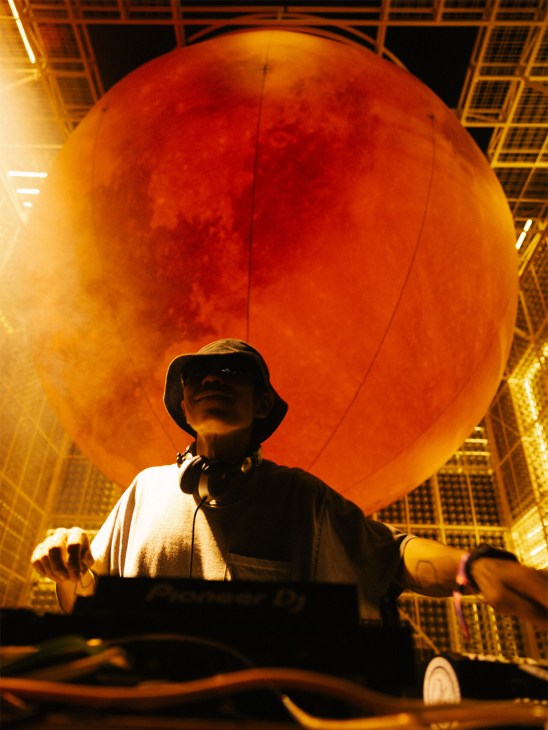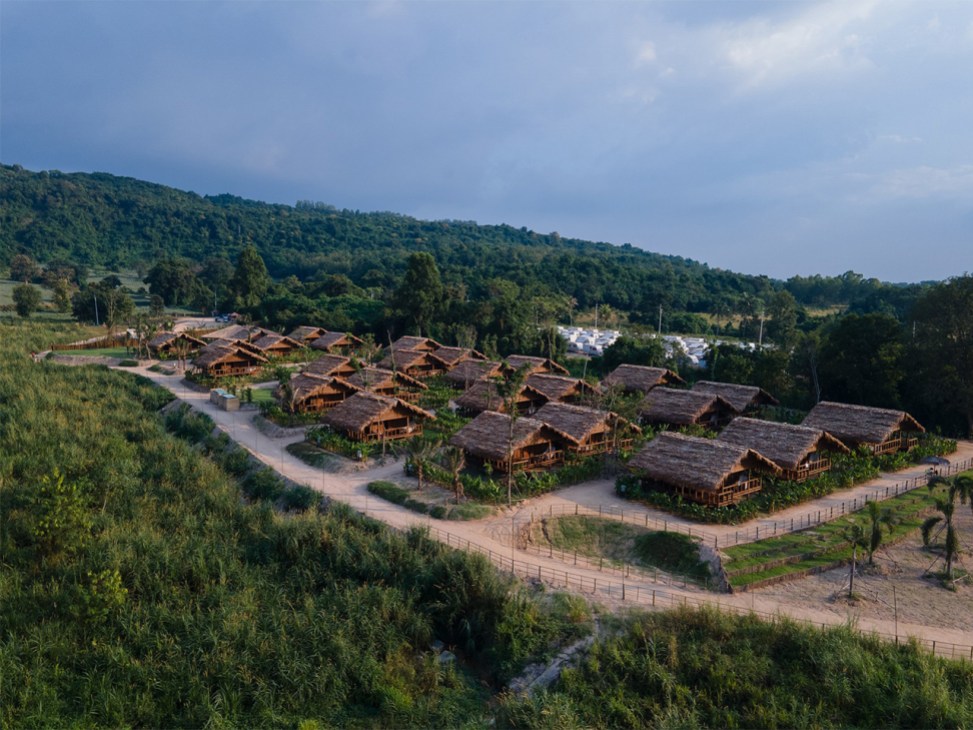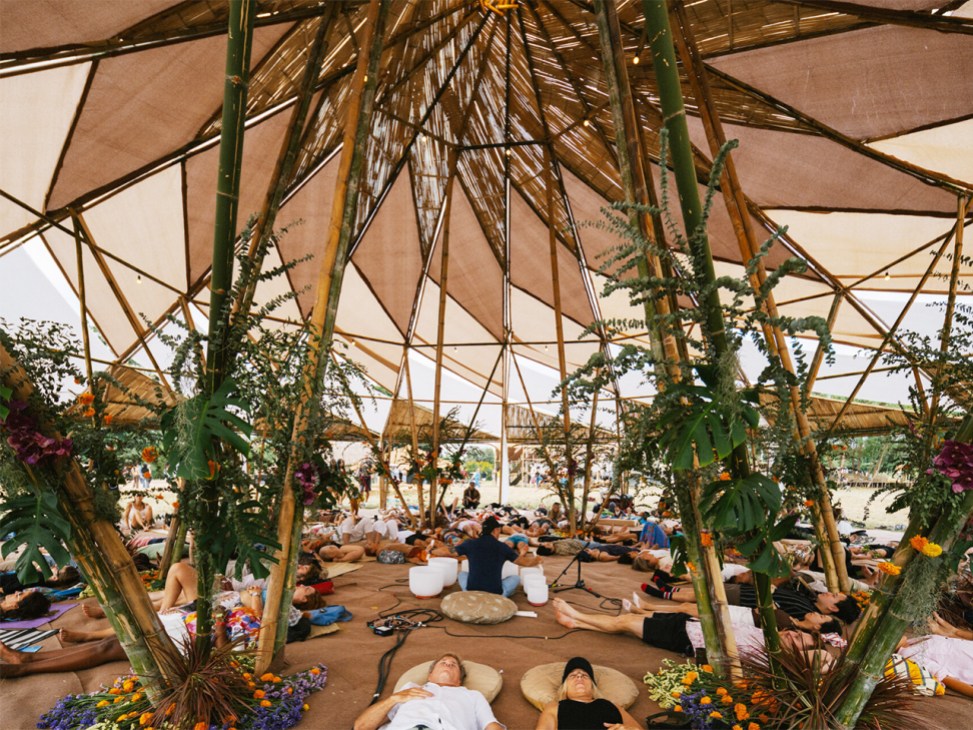How Wonderfruit founder Pete Phornprapha built Asia’s most global festival
The brains behind Asia’s answer to Burning Man reveal the organic growth strategy, international audience dynamics and real-estate model that made Wonderfruit a success story.
Wonderfruit, Asia’s answer to Burning Man and Glastonbury, is preparing to host its 10th edition in Thailand this December. The festival’s founder, Pete Phornprapha, joined us at The Chiefs conference in Jakarta earlier this year, where he spoke about his formative experiences in the 1990s rave scene and the dangers of limiting the genre of music that you dance to.

How would you describe the unique proposition of Wonderfruit?
It’s a five-day, 24-hour, fully immersive celebration of culture in Chonburi, a province located just one and a half hours from Bangkok. It’s not just a music festival – it’s also a living, breathing cultural experiment. We own the land where the festival is held; we have planted more than 30,000 trees using the Miyawaki method; and we create permanent structures that allow for deep cultural exchange.
We must be the most multicultural gathering of 28,000 people anywhere in the world. You go to Burning Man and more than 80 per cent of its attendees are American. At Glastonbury, I would say 90 per cent are from the UK. We attract a truly global audience and we’re not just showcasing culture – we’re actively creating it. We collaborate with architects, musicians and cultural practitioners to experiment and innovate.
What was the initial market gap that inspired the first event?
When I came back to Thailand in 2010, there was a lot of news about the environmental crisis and I became a bit scared. I wanted to become part of the dialogue rather than just listening to it and I thought that culture would be an interesting way to engage people. We began producing short films, none of which we shared publicly, and then it just catapulted into assembling a gathering.


How have you scaled the festival since that first gathering?
Organically. We do very little marketing and PR. We have seen remarkable growth from the likes of India, China, Japan, South Korea, India, Indonesia and the rest of Southeast Asia. France is now our largest contingent from Europe; it beat the UK last year. The only country where numbers are down is Thailand. Connecting to the local audience is very important to us and it’s something that we need to improve.
The festival is like a vibrant, 24-hour village. We host continuous cultural programming that blends music, art and environmental consciousness. About 70 per cent of our visitors fly in for Wonderfruit and most of them stay for five days, either camping or lodging in unique accommodations such as our Slow Wonder bungalows. Locals tend to book rooms in hotels nearby, spending about 10 hours with us at a time.

What pricing have you landed on for stays in the Wonderfruit Village?
A five-day pass costs about $280 (€240), with accommodation options ranging from free tent pitching to $5,500 (€4,717) bungalows. Interestingly, we’ve noticed that as the years progress, fewer people opt for free camping and the more expensive options are increasing in popularity.
Are you looking at international expansion?
We’ve been asked many times to bring Wonderfruit elsewhere, with particular interest from Japan. It’s not something that we’re closing the door to but the result wouldn’t be Wonderfruit. We would have to spend extensive time in Japan to understand the country and explore how to express the same kind of wonder and culture in a local context.

And finally, there’s something we’ve been wondering. Are young people still dancing?
They certainly do at Wonderfruit. But what’s important is that we dance to all genres of music. It gives us enormous joy to see people dancing to mor lam, which is similar to Thai folk music. When Wonderfruit started, you would only hear mor lam in taxis and in the countryside.


